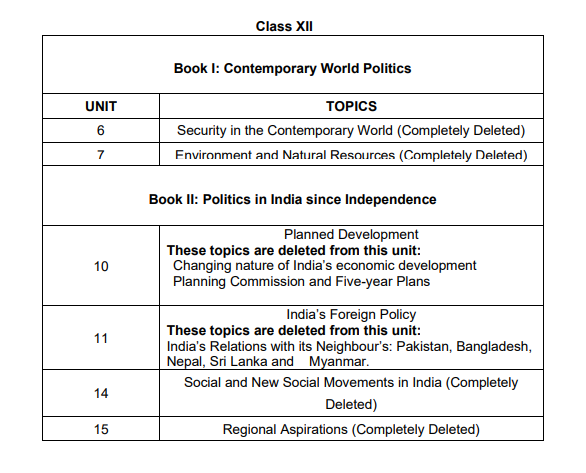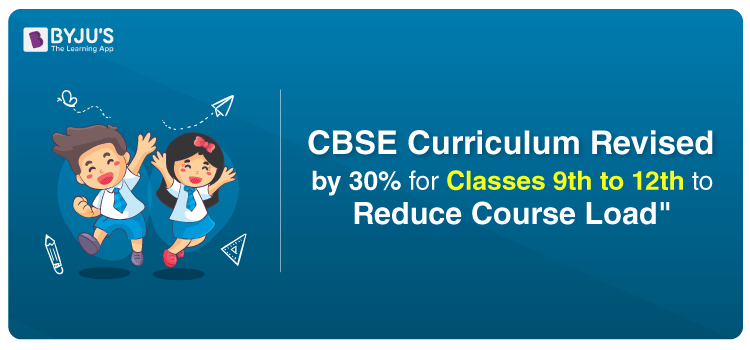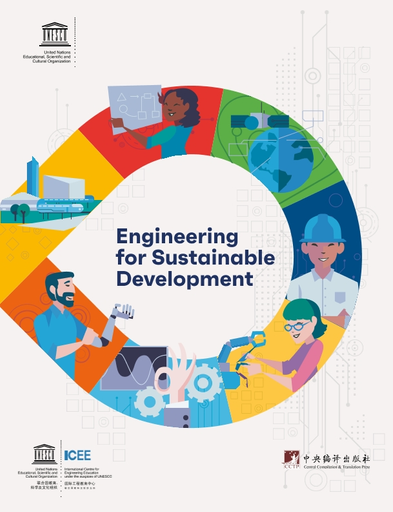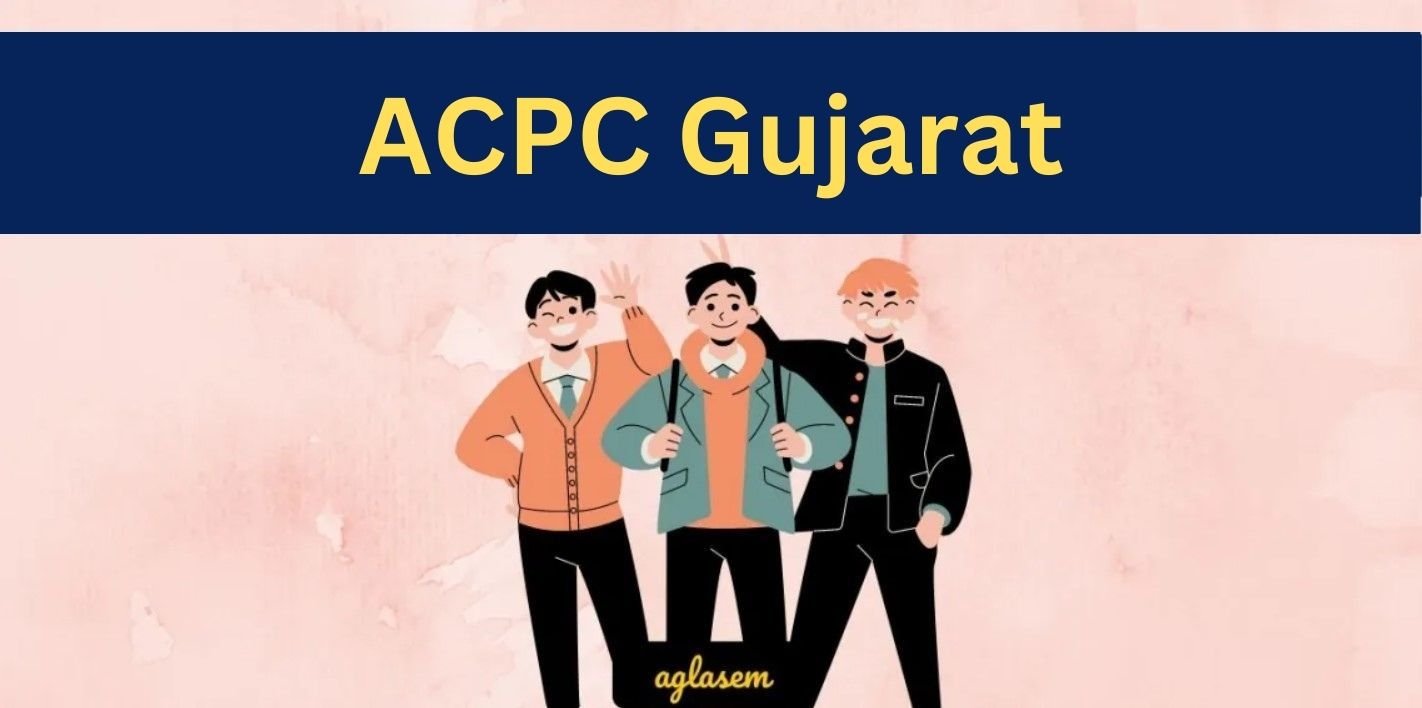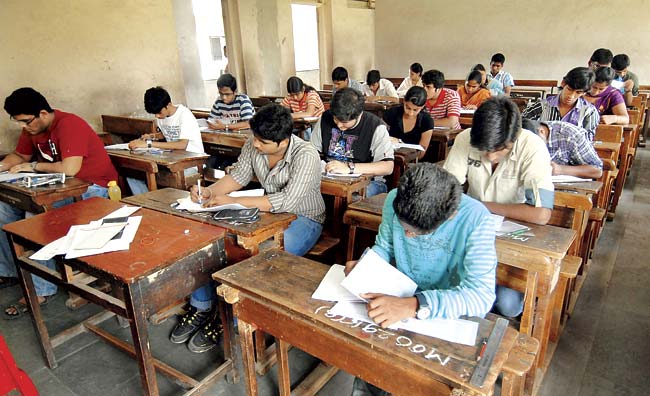The Central Board of Secondary Education (CBSE) has released the updated syllabus for Class 10 Social Science for the academic year 2023-2024. Students can now access the syllabus in PDF format, which provides a comprehensive overview of the topics and subtopics to be covered in the upcoming academic session.
The syllabus aims to provide students with a deep understanding of various aspects related to Social Science, including History, Geography, Political Science, and Economics. It is designed to foster critical thinking, analytical skills, and a holistic understanding of society, culture, and the world at large.
To access the syllabus, students can download the PDF file from the official website of Jagran Josh. The PDF file contains detailed information about the prescribed textbooks, chapter-wise weightage, and the distribution of marks for the internal assessment and the year-end examination.
By following the prescribed syllabus, students will be able to structure their study plan effectively and allocate time to different topics accordingly. It is essential for students to stay updated with the syllabus to ensure they cover all the necessary concepts and acquire the required knowledge and skills.
The CBSE has carefully crafted the syllabus, keeping in mind the overall development of students and their future academic pursuits. It reflects the board's commitment to providing a balanced and comprehensive education that equips students with the necessary tools to succeed in higher studies and beyond.
Teachers, too, play a vital role in guiding students through the syllabus and facilitating their learning process. They are encouraged to familiarize themselves with the updated syllabus and design their teaching methodologies accordingly. Teachers can utilize various pedagogical techniques, including interactive sessions, audiovisual aids, and real-life examples, to make the learning experience engaging and impactful.
Parents and guardians also have a crucial role to play in supporting their children's academic journey. They can help create a conducive study environment at home, encourage regular revision, and provide the necessary resources, such as reference books and educational websites, to supplement classroom learning.
It is important for students to approach the Class 10 Social Science syllabus with enthusiasm and a growth mindset. By actively engaging in the learning process, seeking clarification when needed, and exploring additional resources, students can enhance their understanding of the subject and develop a passion for social sciences.
The CBSE Class 10 Social Science syllabus for the academic year 2023-2024 aims to foster students' overall development and equip them with the knowledge and skills necessary for their future academic and professional pursuits. By adhering to the prescribed syllabus and leveraging available resources, students can maximize their learning potential and achieve academic excellence.
In conclusion, the CBSE has released the Class 10 Social Science syllabus for the academic year 2023-2024, which can be downloaded in PDF format from the official website of Jagran Josh. Students, teachers, and parents are encouraged to utilize the syllabus as a roadmap for effective learning and holistic development.
